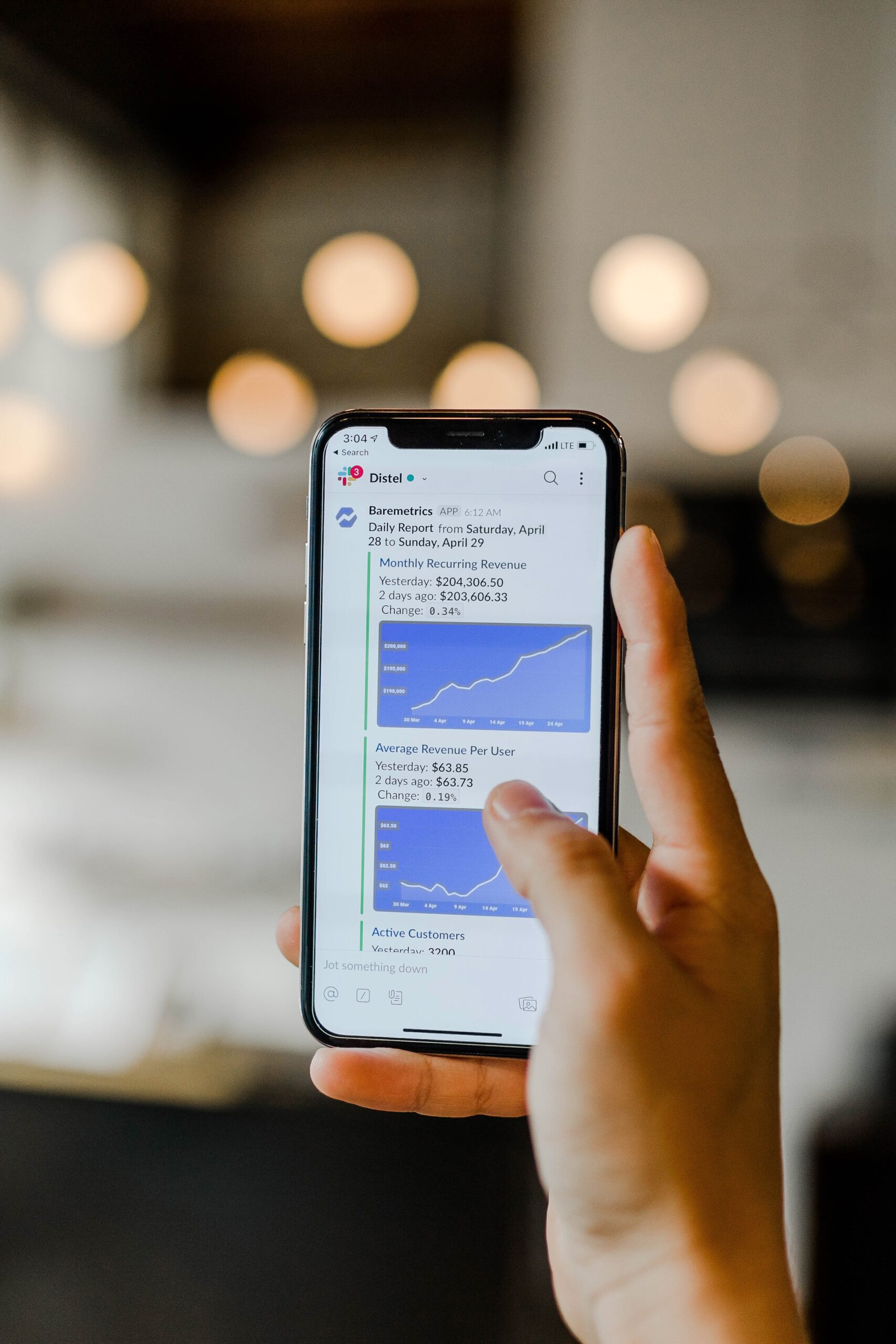Maximizing Your PPC Advertising ROI: Tips and Tricks


Ezekiel Muoneke
Content Writer
- Blog
- April 21, 2023
- 9:11 pm
PPC advertising is a powerful way to reach your target audience online and drive traffic to your website. But what exactly is PPC advertising and how can you use it effectively? PPC, or pay-per-click, is a form of online advertising in which you are charged a fee each time a user clicks on your advertisement. You can create PPC ads on various platforms, such as Google, Facebook, YouTube, and more. The most common type of PPC ad is a search ad, which appears on the search engine results page (SERP) when someone searches for keywords related to your business.
PPC advertising can help you achieve various goals, such as increasing brand awareness, generating leads, boosting sales, or promoting an event. However, PPC advertising also comes with some challenges, such as competition, budgeting, bidding, and optimization. If you want to succeed with PPC advertising, you need to avoid some common mistakes and follow some best practices. In this guide, we will cover the do’s and don’ts of PPC advertising and give you some tips on how to create effective PPC campaigns that maximize your return on investment (ROI) and avoid wasting your ad spend.
Do: Define Your Goals and Metrics
Before you start creating your PPC campaign, you need to have a clear idea of what you want to achieve and how you will measure your success. Having SMART goals (specific, measurable, achievable, relevant, and time-bound) will help you align your PPC strategy with your overall marketing objectives and track your progress. Some examples of PPC goals are:
• Increase website traffic by 20% in the next month
•Generate 100 new leads in the next quarter
• Boost online sales by 15% in the next year
• Promote a new product launch or a special offer
Once you have your goals, you need to define the key performance indicators (KPIs) that will help you evaluate your campaign performance. Some common PPC metrics are:
• Clicks: The number of times people clicked on your ad
• Impressions: The number of times your ad was shown
• Click-through rate (CTR): The percentage of impressions that resulted in clicks
• Cost-per-click (CPC): The average amount you paid for each click
• Conversion rate (CVR): The percentage of clicks that resulted in conversions (such as purchases, sign-ups, downloads, etc.)
• Cost-per-conversion (CPA): The average amount you paid for each conversion
• Return on ad spend (ROAS): The ratio of revenue generated by your ads to the cost of your ads
You can use tools like Google Analytics or Facebook Pixel to track these metrics and see how your PPC campaigns are performing.
Don’t: Bid on Irrelevant Keywords


Keywords are the foundation of PPC advertising. They are the words or phrases that trigger your ads to appear when someone searches for them. Choosing the right keywords is very important for reaching your target audience and driving qualified traffic to your website. However, not all keywords are created equal. Some keywords may be too broad, too competitive, or too unrelated to your business. Bidding on these keywords can result in low CTRs, high CPCs, and poor conversions. You may end up paying for clicks that don’t bring any value to your business.
To avoid this mistake, you need to do proper keyword research and find keywords that are relevant, specific, and profitable for your business. You can use tools like Google Keyword Planner or SEMrush to discover keyword ideas based on your products or services, your industry, or your competitors. You also need to use different keyword match types to control how closely your keywords match the search queries that trigger your ads.
ENJOYING THE ARTICLE?
Sign up For Our Newsletter
Do: Optimize Your Landing Pages
Your landing page is the web page that your PPC ad directs visitors to after they click on it. It is the final step before they take the desired action, such as buying your product, signing up for your newsletter, or downloading your ebook. Therefore, your landing page needs to be optimized to persuade and convert your visitors. A good landing page should:
• Match the message and offer of your PPC ad
• Have a clear and compelling headline and subheadline
• Highlight the benefits and value proposition of your offer
• Include relevant and engaging images or videos
• Have a single and prominent call-to-action (CTA) button
• Minimize distractions and unnecessary elements
• Be fast-loading and mobile-friendly
You can use tools like Unbounce or Instapage to create and test landing pages for your PPC campaigns.
Don’t: Ignore Your Quality Score
Quality score is a metric that Google uses to measure the quality and relevance of your PPC ads and keywords. It ranges from 1 to 10, with 10 being the highest. Your quality score affects your ad rank, which determines where your ad appears on the SERP, as well as your CPC, which determines how much you pay for each click. A high quality score means that Google considers your ad and landing page to be relevant and useful for your target audience. A low quality score means that Google considers your ad and landing page to be irrelevant or poor quality for your target audience.
You can check your quality score in your Google Ads account by adding the Quality Score column to your keywords report. You can also see the components of your quality score, such as expected CTR, ad relevance, and landing page experience. To improve your quality score, you need to:
• Use relevant keywords and match types
• Write compelling ad copy that matches your keywords and landing page
• Optimize your landing page for conversions
• Test and refine your ads and keywords
• Use ad extensions to enhance your ad
Do: Use Ad Extensions


Talking about Ad extensions, what are Ad extensions?
Ad extensions are additional features that you can add to your PPC ads to make them more informative and attractive. They can include things like:
• Sitelinks: Links to other pages on your website
• Callouts: Short phrases that highlight your unique selling points
• Structured snippets: A list of specific features or categories of your products or services
• Call: A phone number that people can call directly from your ad
• Location: Your physical address or a map of your location
• Price: The prices of your products or services
• App: A link to download your app
Ad extensions can help you:
~ Increase your CTR by taking up more space on the SERP and providing more information or options for users
~ Improve your ad relevance by showing users what they are looking for or what you have to offer
~ Enhance your user experience by making it easier for users to contact you, find you, or take action
You can choose which ad extensions to use based on your goals and audience. You can also use different ad extensions for different campaigns or ad groups. You can create and manage ad extensions in your Google Ads account.
Don’t: Set It and Forget It
PPC advertising is not a one-time thing. It requires constant monitoring, testing, and optimization to ensure that you are getting the best results from your campaigns. You can’t just set up your PPC campaign and leave it running without checking its performance and making adjustments.
Some of the things you need to do regularly are:
• Track and analyze your PPC metrics and KPIs
• Compare your performance against your goals and benchmarks
• Identify what’s working well and what’s not
• Test different variations of your ads, keywords, landing pages, etc.
• Optimize your bids, budgets, targeting, etc.
• Pause or delete underperforming ads or keywords
• Experiment with new features or strategies
You can use tools like Google Ads Editor or WordStream Advisor to manage and optimize your PPC campaigns more efficiently.
ENJOYING THE ARTICLE?
Sign up For Our Newsletter
Do: Learn from Your Competitors


One of the advantages of PPC advertising is that you can see what your competitors are doing and learn from their successes and failures. You can use tools like SpyFu or SEMrush to spy on your competitors’ PPC campaigns and see their keywords, ads, landing pages, budgets, etc.
By analyzing your competitors’ PPC strategies, you can:
~ Discover new keyword opportunities or gaps in their keyword coverage
~ Get inspiration
~ Ultimately stay ahead of the game
In conclusion, while PPC advertising is a powerful and cost-effective way to reach your target audience online and drive traffic to your website, it is not a static or simple process. It is a dynamic and complex one that requires constant learning and testing.
By following the do’s and don’ts of PPC advertising that we covered in this guide, coupled with the application of the right tools and strategies, you can create effective PPC campaigns that maximize your ROI and avoid common mistakes that can waste your ad spend.
Don’t just exist online, thrive! Partner with us to create a digital marketing strategy that will take your business to new heights. Say goodbye to mediocre results and hello to digital success – contact us today to get started!











